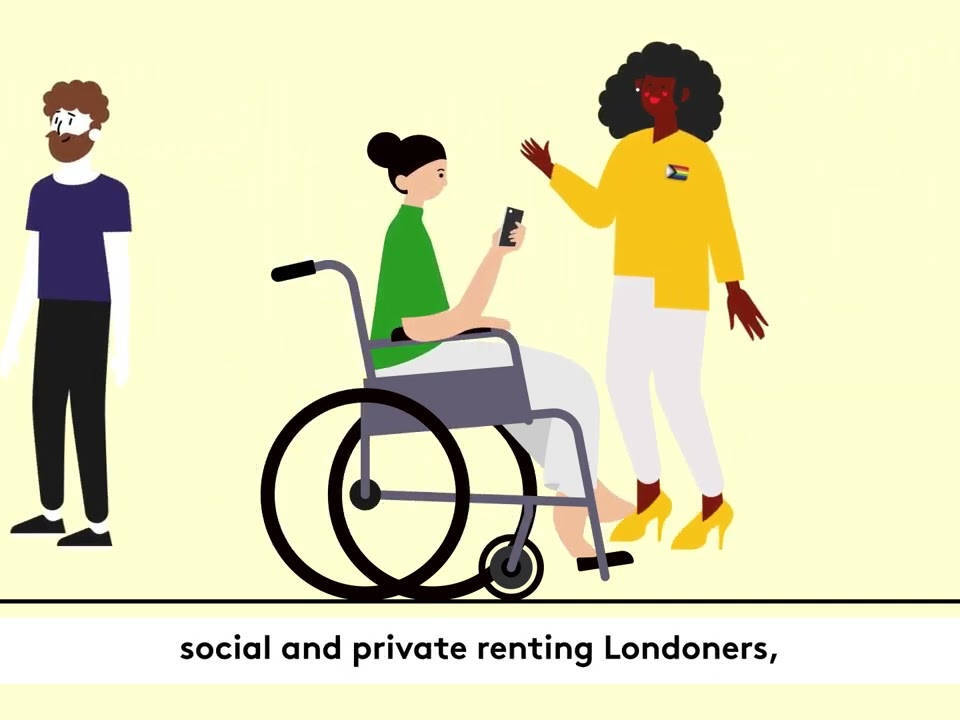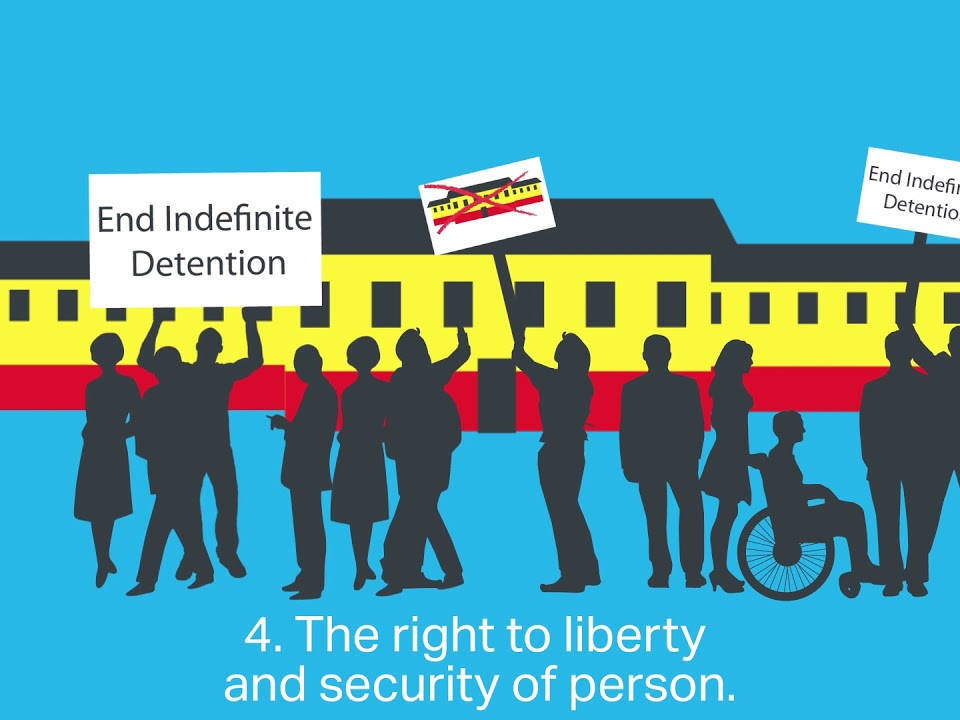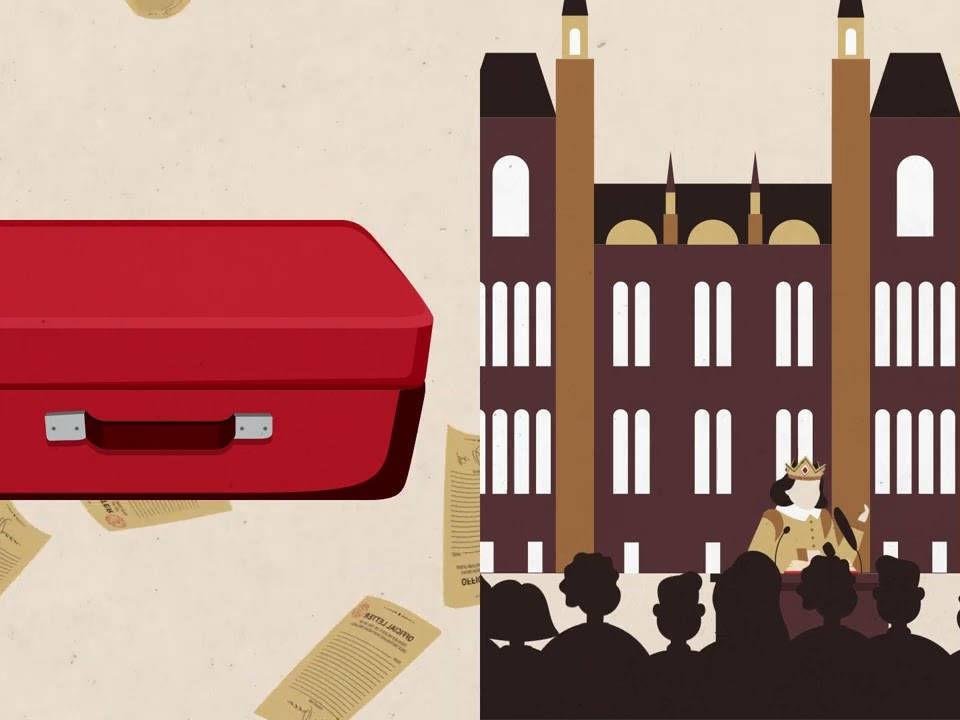Media Literacy
How to understand Misinformation, Disinformation and Malinformation
Now more than ever, media literacy (the ability to critically analyse information) is critical for us as citizens and for our democracy to function. This video explains the difference between Misinformation, Disinformation and Malinformation and presents you with some examples!
How to REVIEW information before you share it
How can you verify if something is real or not? Now more than ever, media literacy (the ability to critically analyse information) is critical for us as citizens and for our democracy to function. This video explains how you should REVIEW any information received, what to watch out for and how to guard yourself against possible misinformation.
Information neighbourhoods
How can you identify what each type of information is trying to do? Now more than ever, media literacy (the ability to critically analyse information) is critical for us as citizens and for our democracy to function. This video explains what Information neighbourhoods exist and how to identify them.
Political Literacy
Democracy in Schools
The Missing Link report was jointly produced by Dr. James Weinberg at the University of Sheffield and Shout Out UK, and is the most far-reaching assessment of democratic education in England in over a decade. This animation illustrates the findings of the study, and highlights the need for an increased focus on political literacy in schools.
The Monarchy in Britain: What is their role?
What actually is the monarchy’s Role in Britain? This video explains the history of the monarchy and its power. Previously the monarchy was an absolute monarchy, meaning there were no limits to its power. Today we have a constitutional monarchy, but what powers does that give to the monarch and what are the other options?
NATO
Media Minded

Media Minded explores the bizarre world of disinformation. Now in its fourth season, each episode tackles a new facet of the fight against violent extremism in West Africa. Aided by the rapid invention of new information and communication technologies, terrorist organisations have devised new ways to recruit and train members, and upend local communities with deadlier and more destructive tactics. Through interviews with leading counter terrorism experts, journalists, psychologists, and organisations fighting extremists in their communities, this series equips listeners with the knowledge and successful strategies to counter radicalisation at home.


















